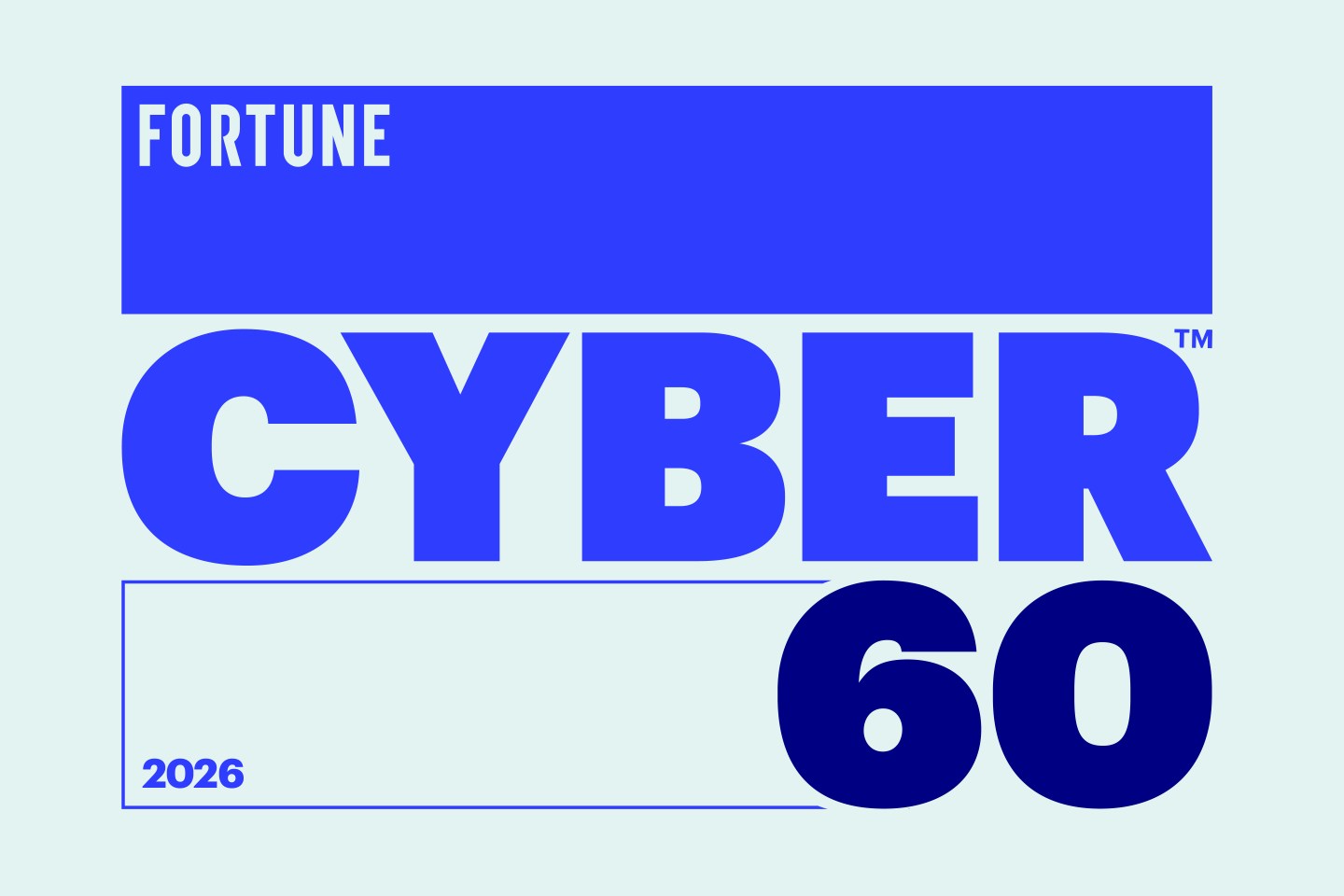AI is everywhere these days. And cybersecurity is no exception.
A closer look at the latest installment of the Fortune Cyber 60 list, which ranks the most promising cybersecurity startups, shows just how pervasive artificial intelligence has become in the field. Of the 14 new startups on the list in the “early-stage” category, just about all are focused squarely on AI.
And pretty much every company on the list, regardless of stage or size, is leaning heavily into AI.
“I would say at this point [the list] is wall-to-wall focused on AI and on enabling the safe use of AI,” says Guru Chahal, a partner at Lightspeed Venture Partners, which created the Cyber 60 in partnership with Fortune.
For corporations today, AI is an inescapable fact of life: Business leaders are under pressure to incorporate AI technology into their operations; hackers are arming themselves with AI to devise ever more sophisticated attacks; and employees are using their own AI tools at work, creating privacy and security risks that an employer may not even be aware of.
According to a survey that Lightspeed conducted of 200 chief security officers at companies with more than $500 million in annual revenue, 75% reported that they have experienced, or suspect they have experienced, an AI-related security incident in the past 12 months.
The pervasiveness of the problem and the breadth of potential risks are reflected in the assortment of AI-focused security tools provided by the companies on this year’s Cyber 60.
Products from companies like Cogent Security, 7AI, Prophet, and Dropzone AI, for instance, automate some of the routine defensive tactics that companies perform, using agents to send out alerts and escalate incident reports. That’s a strong selling point at a time when many organizations are struggling to find qualified candidates to fill security roles.
Startups such as Virtue AI, WitnessAI, Zenity, and Astrix Security focus on the security of the AI tools that are being used by employees within the workplace—both the tools that are officially approved and used by the companies, as well as the “ghost” tech that individual employees might use on their own.
Larger cyber startups are moving aggressively to bolster their product offerings for the evolving threat landscape. In September, Cato Networks, a repeat Cyber 60 company in the “growth-stage” category, acquired Aim Security, a startup focused on secure deployment of AI within the enterprise. Chainguard, another repeat Cyber 60 startup that’s focused on security vulnerabilities in open-source software, raised an additional $280 million in funding last week.
Meanwhile, two of the largest Cyber 60 startups from last year’s list have “graduated” this year. In September, Netskope listed shares on the Nasdaq, raising more than $900 million in its IPO. And Wiz was acquired by Google for a whopping $32 billion.
It’s a testament to the growing importance of cybersecurity within the IT industry, says Lightspeed’s Chahal. The rapid advances of AI and the ceaseless scheming of cybercriminals and hackers make cyber startups one of the most dynamic and innovative sectors of the tech industry, Chahal says.
“It’s the only market where you have an active adversary on the other side,” he notes. “As soon as you up your game, they up theirs.”












